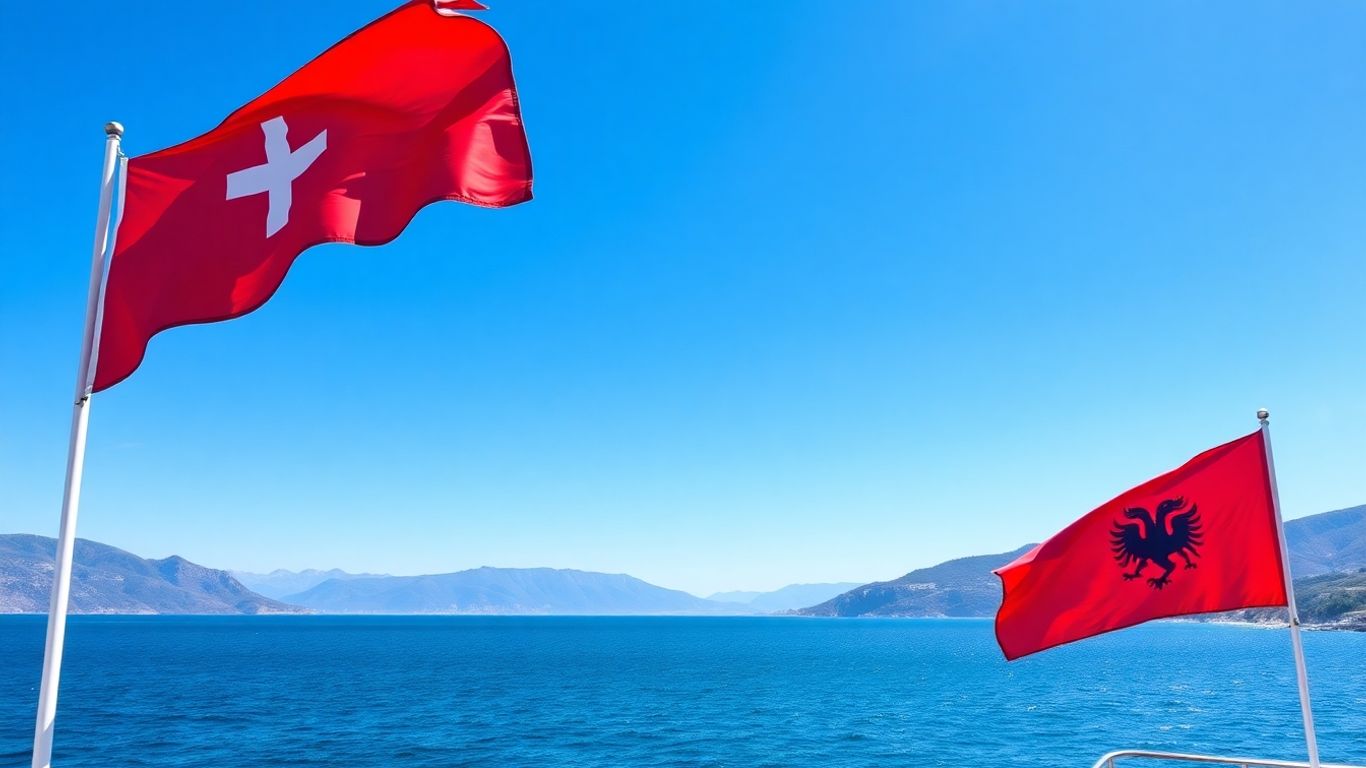The European Union is gearing up for potential enlargement, with Montenegro and Albania being eyed for membership in 2028 and 2029, respectively. This timeline was discussed at the Bled Strategic Forum, where EU officials emphasized the need for internal reforms and commitment from candidate countries.
Key Takeaways
- Montenegro could join the EU in 2028, and Albania in 2029, contingent on meeting reform criteria.
- EU leaders stress that enlargement is a priority, but requires internal EU preparation and candidate country commitment.
- Key areas for candidate countries include rule of law, human rights, and anti-corruption measures.
EU Enlargement Aims
President of the European Council, António Costa, addressed the Bled Strategic Forum, stating that the EU must prepare for enlargement through reforms, budget adjustments, and strengthened governance. He asserted that the accession paths for the Western Balkans, Moldova, and Ukraine are not mere promises but "priorities," as these nations are integral to Europe’s future. Costa highlighted the EU’s Growth Plan for the Western Balkans as a "game changer" offering financial support and incentives for reforms and economic integration.
Candidate Country Progress and Requirements
Enlargement Commissioner Marta Kos announced that Albania is set to open two more clusters of accession negotiations this year. She projected that if the technical aspects of accession negotiations are completed in 2026, Montenegro could become the 28th EU member in 2028, followed by Albania as the 29th member in 2029. However, Kos stressed that "there must be no shortcuts" and that candidate countries must demonstrate progress in reforms, particularly in the rule of law, human rights, the fight against corruption, and media freedom, which are "non-negotiable."
Regional Perspectives
Montenegrin Prime Minister Milojko Spajić expressed the need for the region to focus on the future to avoid becoming irrelevant. He outlined Montenegro’s commitment to European integration, economic development, and the rule of law, citing recent legislative reforms as significant achievements. Croatian Prime Minister Andrej Plenković, while acknowledging the importance of enlargement, questioned whether it is a true priority for the EU, emphasizing the necessity of preparation and public support. He also pointed to political stabilization challenges in the Western Balkans, citing issues in North Macedonia, Serbia, and Bosnia and Herzegovina.
Sources
- Kos: Montenegro could join the EU 2028, Albania in 2029, European Western Balkans.






